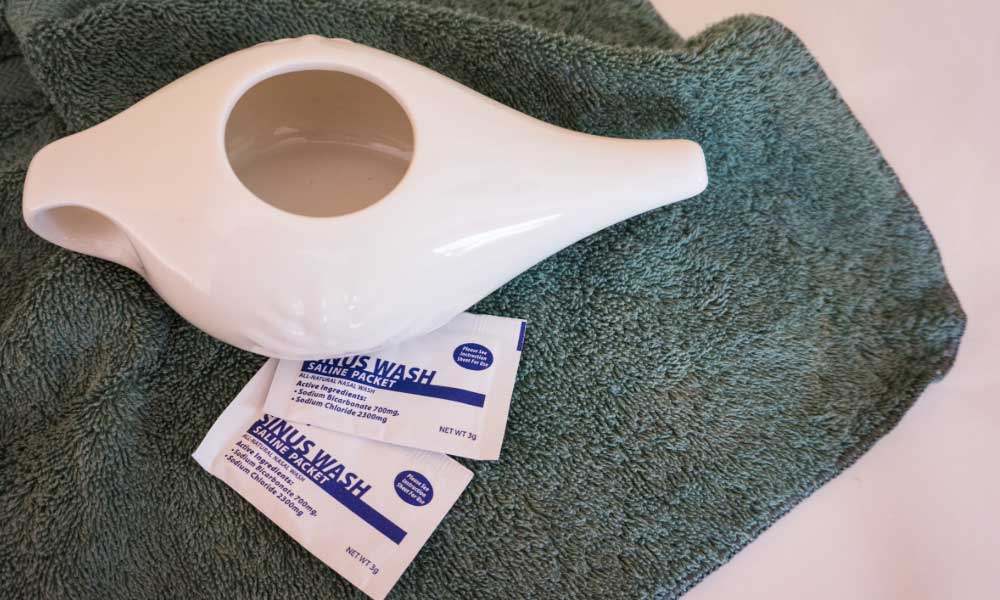
Broccoli Description & Health Benefits
- Broccoli is a member of the Brassicaceae family, also known as the Cruciferae family. This botanical family is comprised of a wide variety of foods including bok choy, Brussels sprout, cabbage, cauliflower, kale, rutabaga, and turnips to name a few.
- Broccoli is an excellent source of vitamin C and vitamin K and a good source of vitamin A, folate, and manganese.
- Vitamin C aids in the absorption of iron, heals wounds, and assists in maintaining healthy teeth and bones.
- Vitamin K is involved in blood clotting and bone building.
- Vitamin A is involved in overall health by supporting healthy vision, immune function, and reproduction.
- Folate is needed to make DNA and protects against neural tube defects in pregnant women.
- Manganese is needed for normal brain and nerve function and also plays a role in fat and carbohydrate metabolism, calcium absorption, and blood sugar regulation.
- Broccoli also contains phytochemicals including isothiocyanates, quercetin, lutein, and beta-carotene.
- Isothiocyanates may help protect against cancer and heart disease.
- Quercetin, a flavonoid, may protect against heart disease and cancer while also having an anti-inflammatory and antihistamine effect on the body.
- Lutein is found in the retina and lens of the eye. Diets rich in lutein may assist in slowing the development of age-related macular degeneration and cataracts.
- Beta-carotene converts to vitamin A in the body and is an antioxidant which protects against free radicals in the body and may lower your risk of heart disease and cancer.
Selecting, Storing, and Preparing
- Choose broccoli heads with green florets and firm stalks. Avoid broccoli with yellow or browning leaves or florets.
- Store broccoli unwashed in a plastic bag in the refrigerator.
- Rinse broccoli prior to preparing. Cut off floret heads. The stem is also edible, just remove the outer skin.
- To prepare, sauté, steam, roast, or eat raw.
- Have too much broccoli? Blanch rinsed and cut broccoli florets in salted, boiling water for 1 minute or until bright green. Drain in a colander and dip in cold water. Drain well and put in a plastic freezer bag. Remove air from bag and freeze for up to a year.
Nutrition Facts
1/2 cup raw
Calories: 15 | Protein: 1.24 g | Fat: 0.16 g | Carbohydrate: 2.92 g | Fiber: 1.1 g | Calcium: 21 mg | Magnesium: 9 mg | Potassium: 139 mg | Vitamin C: 39.2 mg | Folate: 28 μg | Vitamin A: 274 IU
1/2 cup cooked
Calories: 27 | Protein: 1.86 g | Fat: 0.32 g | Carbohydrate: 5.60 g | Fiber: 2.6 g | Calcium: 31 mg | Magnesium: 16 mg | Potassium: 229 mg | Vitamin C: 50.6 mg | Folate: 84 μg | Vitamin A: 1207 IU
ndb.nal.usda.gov
Recipes
Request an Appointment
